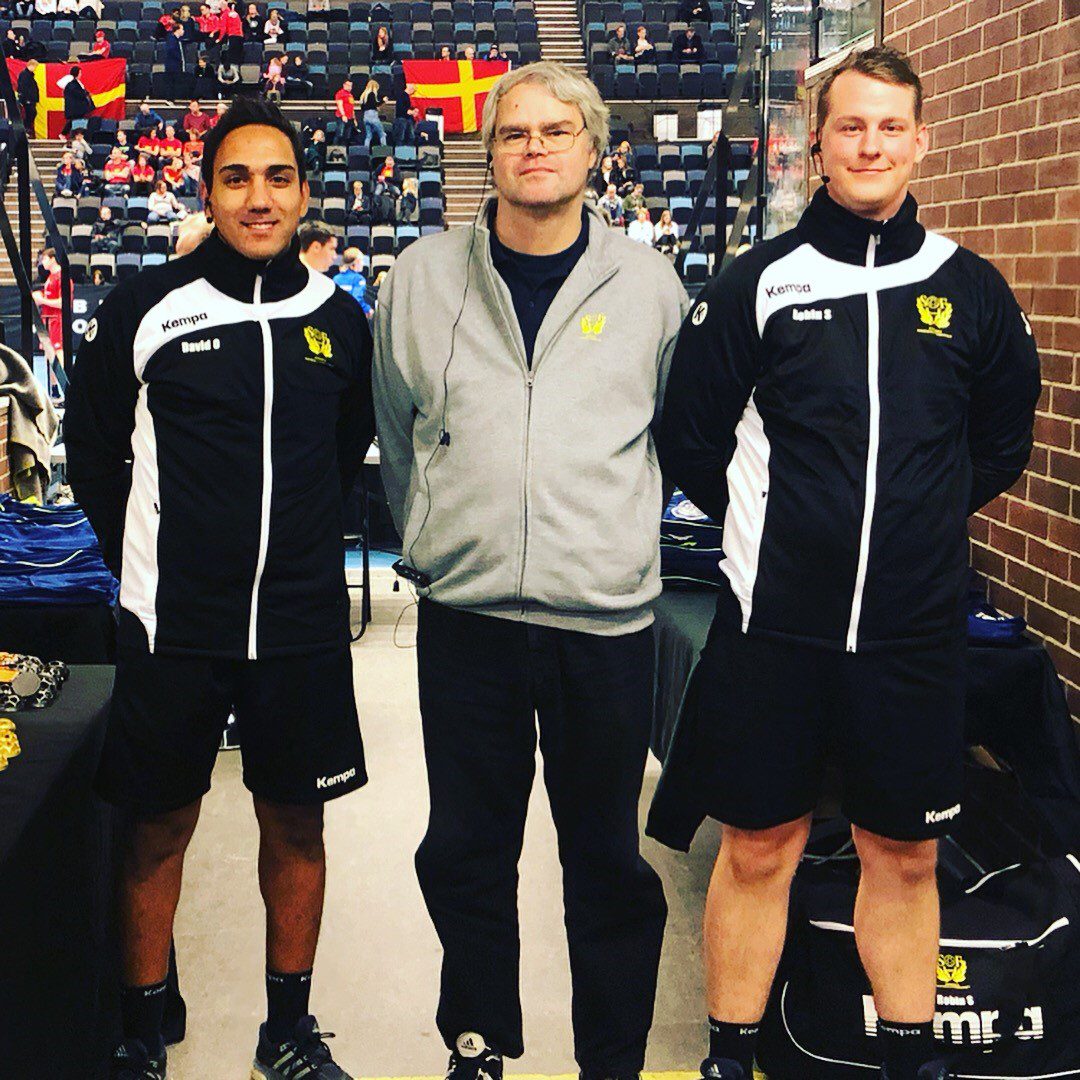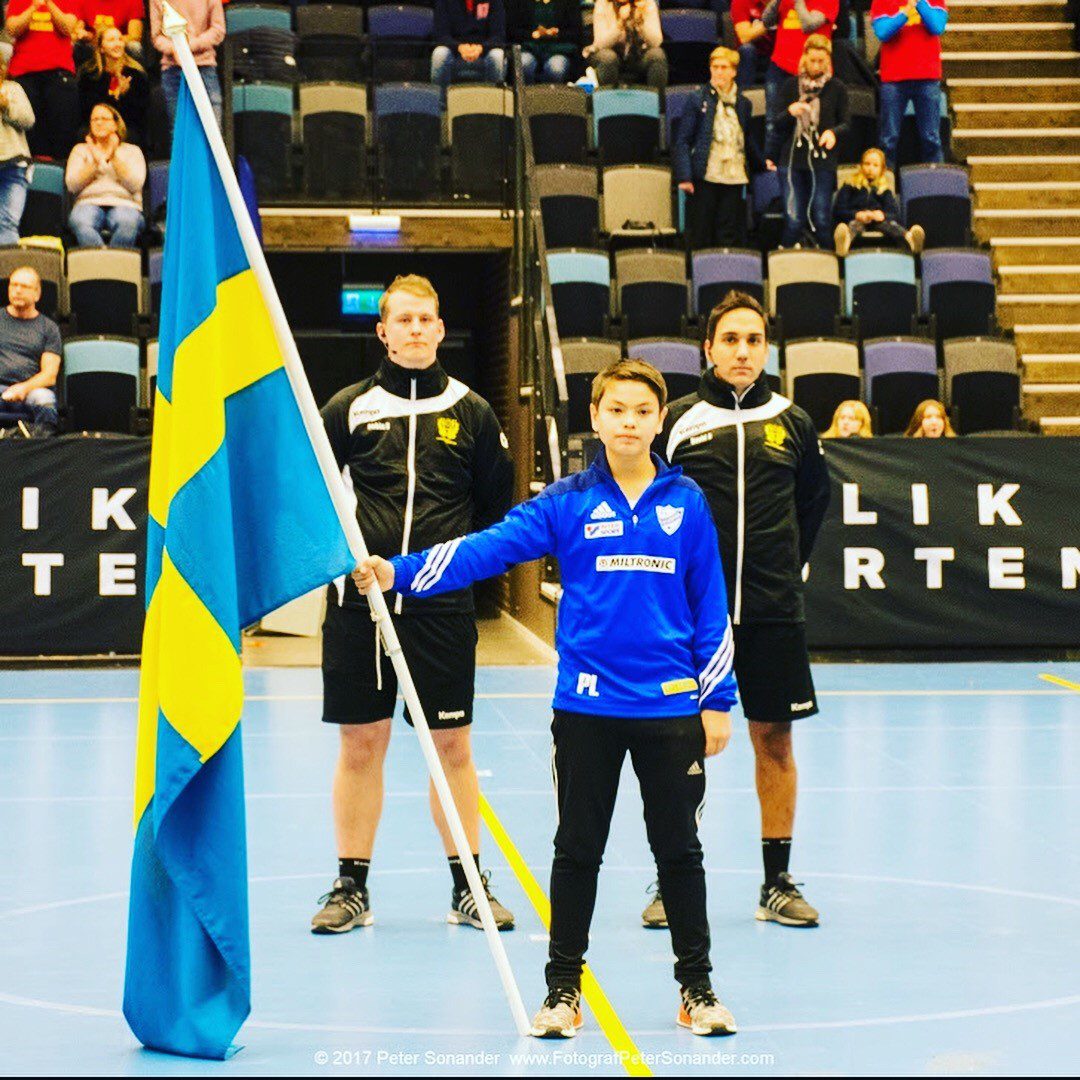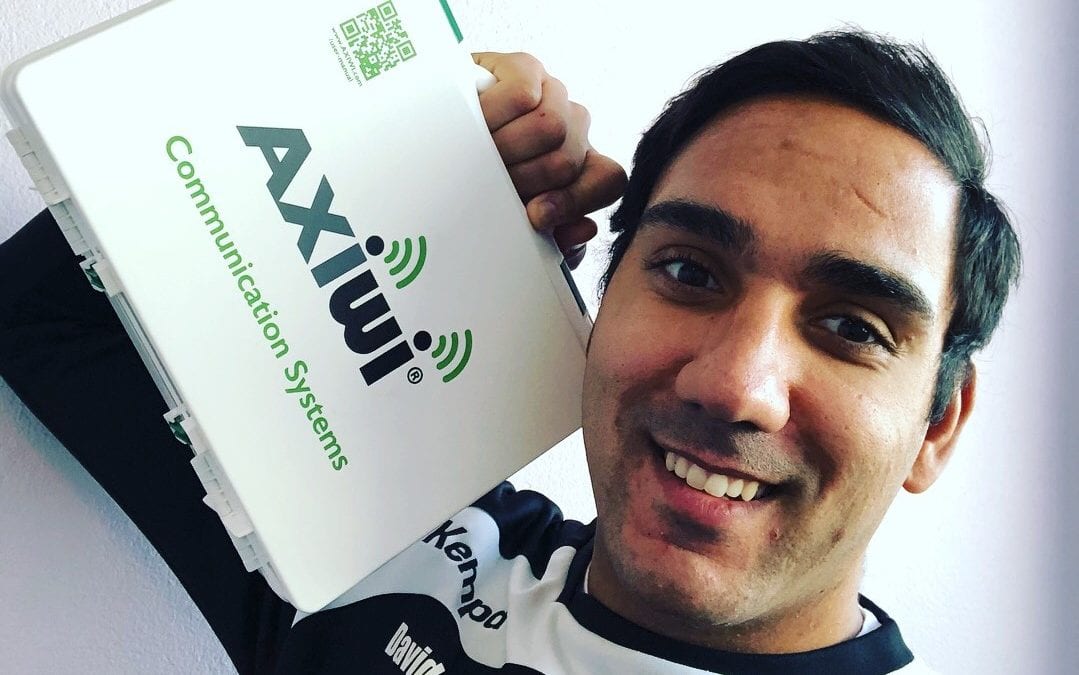I’m David Olovsson, aged 29 from Sweden. I’m a football and handball referee. I love to travel and meet new people. My 18 years, so far as a referee, have given me a lot experience in life and created me to who I am until this day, above that it also made me understand more or less 8 languages. I started my career as referee at extremely young age and made my first senior game already at 13 in 2002. I’m happy I did because I can relate to the “technical revolution” with beep flags and headset, but also to those days when we only had the basics (screaming, gesturing). I still do games now and than with only the basics, because I think it’s very important to build your communication and skills on the basics. In a football game you take approx 600 decisions, you must take them correct and quick enough. When technology fails you still have to follow trough as nothing happened. When you know booth ways it’s very nice to spice things up with technical stuffs. Beep flags and headset communication helps a lot to make quick important decisions easier, but it takes a lot of time to get used and comfortab with it. Finally, when you learn it ‘the right way’ it helps very much and it gives a huge advantage to proceed further. Technology never makes a referee but a referee can make technology to an awesome tool.
In this blog I will try to give you some tips and tricks for using a communication system in an efficient and effective way, improving your performance during the game. My 5 tips:
1. Use Key Words
Make sure what terms you are using while speaking with your colleague referees and sports officals. Some words can easily be used as key words for decisions.
2. Don’t talk to much
Too much talking can disturb your own mind or your colleagues, while making important game decisions.



3. Use the headsets as a tool
Be sure you can manage a game without headsets before you slowly adapt them. Once you are used to headsets, I still recommend you to ref at least 1/4-1/3 of your games without them. So you always keep the basics of reffing.
4.Keep ‘the conversation’ between you and your colleague
Be sure the players don’t hear what you say. If you talk too loud, the players easily can interfere with your conversation and you may invite them in your decisioning.
5.Don’t show off
The headsets never make you a better referee, though you look more ‘professional’. Remember using them as tool not showing off.



